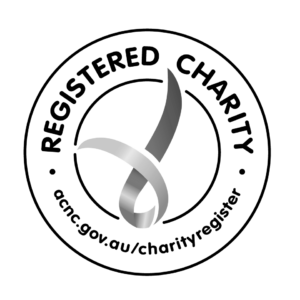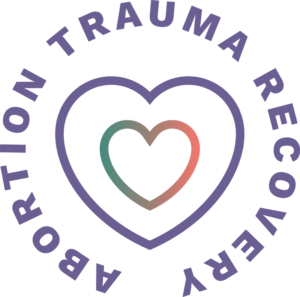I did it to keep him. He left anyway.
(Alice, 29)
Relationship problems from abortion trauma are all too common and equally unrecognized. Women and men who have experienced abortion can be left with overwhelming feelings of grief, guilt, and shame. Abortion may have the effect of profoundly wounding self-identity that can lead to:
- Marriage and family relationship breakdown
- Social and professional relationship breakdown
- Child neglect and/or overprotective
- Difficulty bonding with children
- Sexual dysfunction
- Domestic violence
I wish I had dealt with it earlier; I wouldn’t have destroyed so many friendships.
(Coralie, 56)
Study of 256 women found that abortion trauma adversely impacted relationships due to self-hatred, hatred of the male, and hatred of men in general – were significantly correlated to each other.
- 50% reported losing temper more easily.
- 48% stated ‘I became more violent when angered after the abortion’1
Abortion Trauma and Sexual Dysfunction:
- Loss of pleasure of intercourse
- Painful intercourse
- Frigidity/sexual coldness
- Aversion to sex and/or the opposite sex in general
- Confused sexual identity
- Development of careless sexual lifestyle
… he craved intimacy, I craved our baby.
(Jo, 32)
A Study of 30 aborted women found that all ‘had long-term grief reactions, some lasting 5 years’. The breakdown of reactions included a 69% increase in sexual dysfunction.2
The majority of women studied reported being surprised at such intense reactions to their abortion.
Abortion Trauma and Parenting Issues:
- Damaged maternal/paternal identity
- Difficulty connecting with children
- Disconnected from emotions
- Post natal depression
- Child neglect/abuse
- Overprotective
…I love my kids, I really do. But when I look at them all I see is my dead son. I can hear him crying.
(Lisa, 34)
Women with a history of one induced abortion were 2.4 times more likely to physically abuse their children.3
Using National Longitudinal Survey of Youth data found, for first born children, maternal history of abortion was associated with lower emotional support in the home among children aged one to four, and more behavioural problems among five- to nine-year-olds.4
A Study of 232 post-abortive women from 39 states across USA (mean time 11 years post event) found:
- 94% unmarried relationships failed
- 36% experienced suicidal ideation
- 45% increase in negative feelings regarding:
- Subsequent pregnancies;
- Problems with bonding; and/or
- Obsessive thoughts of having a replacement child5
‘…worsened interpersonal relationships correlated with higher post-abortion levels of anger and guilt’.
Abortion Trauma and Domestic Violence
UK researchers found 30% of women having second abortions, were in abusive relationships with a statistical increase with three or more abortions.6
Chicago study of 906 women and 658 men, found abortion was associated with conflicted relationships compare to those with no abortion exposure:
- Increased jealousy (95%)
- Conflicts about drugs (385%)
- Arguments about children (196%)7
Elliott Institute study of 256 post-abortive women found ‘… self-hatred, hatred of the male and hatred of men in general, were all significantly correlated to each other’.
- 53% reported losing temper more easily.
- 48% stated ‘I became more violent when angered after the abortion’8
- Childbirth, A. F. T. D. T. The Post-Abortion Review. ↩︎
- Speckhard, A. C. (1985). The psycho-social aspects of stress following abortion. University of Minnesota. ↩︎
- Coleman, P. K., Maxey, C. D., Rue, V. M., & Coyle, C. T. (2005). Associations between voluntary and involuntary forms of perinatal loss and child maltreatment among low‐income mothers. Acta Paediatrica, 94(10), 1476-1483. ↩︎
- Coleman, P. K., Reardon, D. C., & Cougle, J. (2002). The quality of the caregiving environment and child developmental outcomes associated with maternal history of abortion using the NLSY data. Journal of Child Psychology and Psychiatry, 43(6), 743-757. ↩︎
- Vaughan, H. P. (1990). Canonical variates of postabortion syndrome. The University of North Carolina at Greensboro. ↩︎
- Aston, G., & Bewley, S. (2009). Abortion and domestic violence. The Obstetrician & Gynaecologist, 11(3), 163-168. ↩︎
- Coleman, P. K., Rue, V. M., & Coyle, C. T. (2009). Induced abortion and intimate relationship quality in the Chicago Health and Social Life Survey. Public health, 123(4), 331-338. ↩︎
- Childbirth, A. F. T. D. T. The Post-Abortion Review. ↩︎

